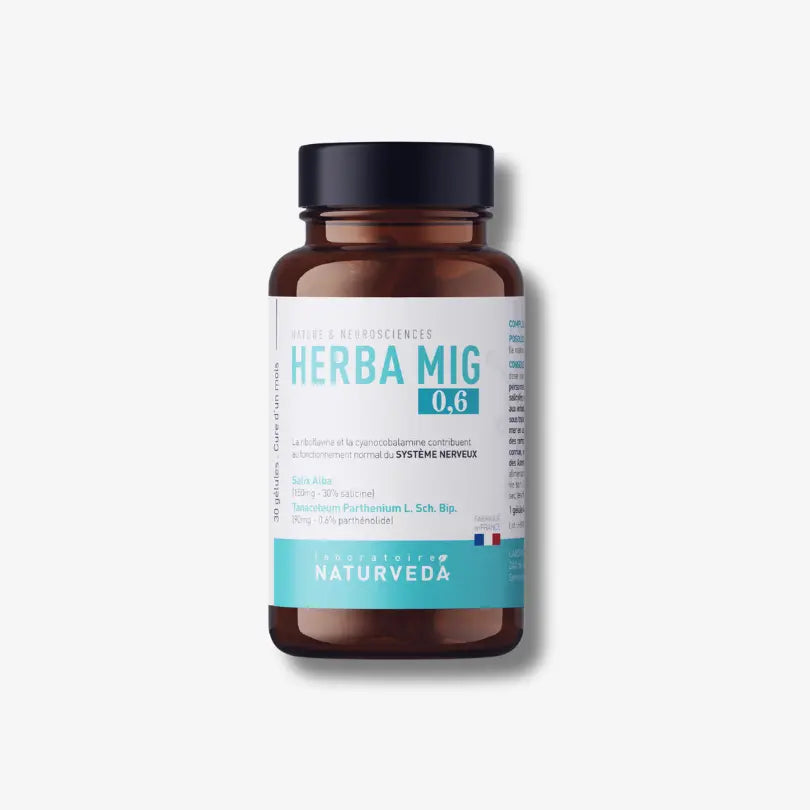Let's face it, trying to lose weight can often seem like a never-ending struggle. The world is full of diets, eating habits and supplements that promise miracles. It is under this flood of information that our topic of the day falls: probiotics, these beneficial bacteria for health which reside mainly in our digestive tract. These little organisms are everywhere, from your favorite yogurt bar to your daily supplement capsule, but how effective are they when it comes to weight loss ? This is what we will seek to understand in this article.
“Probiotics are live bacteria that, when ingested in adequate quantities, have beneficial effects on the health of the host. " - World Health Organization
We'll look at current research in this area, see what the experts have to say, and attempt to demystify the role of probiotics in the weight loss process. So, get ready, we are going to delve into the fascinating world of “friendly” bacteria and their potential impact on your figure.
How Probiotics Affect Our Weight
Imagine for a moment that your body is like a complex ecosystem . In this ecosystem, billions of bacteria and other microorganisms live in symbiosis, contributing to a variety of essential bodily functions, including managing your weight. This is the fascinating science of probiotics.
Probiotics are beneficial bacteria that live naturally in your gut. They play a crucial role in your overall health, strengthening your immune system , helping with the digestion of food, and producing certain vitamins. But that's not all. New research suggests that these microorganisms can also have a big impact on your weight.
To understand how this is possible, one must first understand that not all bacteria are the same. There are hundreds of different strains of bacteria in your gut, each with their own characteristics and effects on your body. Some of these bacteria may contribute to a healthy weight, while others may promote weight gain . Additionally, the balance of these different strains of bacteria can be disrupted by factors such as diet, stress, lack of sleep and antibiotic use.
Probiotics can help restore this balance. By promoting the growth of beneficial bacteria and inhibiting the growth of harmful bacteria, they can influence how your body stores fat, balances glucose levels and responds to insulin, all factors that can impact your weight. .
From this perspective, it is therefore possible that taking probiotics can help manage your weight. However, it is important to note that the role of probiotics in weight management is still a relatively new area of research. So, although the first results are promising, there is still much to learn.
The Science Behind Probiotics and Weight Loss
You may be wondering how these little bacteria, also called probiotics, can help with weight loss. Is this really credible? Well, science seems to say yes. Several studies have been conducted on the relationship between probiotics and weight loss.
Researchers have found that probiotics may play a key role in maintaining the balance of the gut microbiome. One study in particular titled “Probiotics: and obesity a link?” published in the international journal "Nature Reviews Endocrinology" indicated that obese people have different intestinal bacterial diversity and balance compared to normal weight individuals. In short, this means that the type and amount of bacteria in your gut can influence your weight.
How does this happen? Bacteria in our gut help break down food and convert these molecules into energy that our body can use. Some bacteria are more efficient at extracting energy from food, which can lead to a buildup of unused calories and therefore weight gain. In contrast, other types of bacteria may help regulate appetite by influencing hunger and satiety hormones. Healthy probiotics can therefore help restore the balance of gut bacteria , promote better digestion and aid in weight loss.
It is important to note, however, that probiotics are not a magic bullet for weight loss. They should be used in conjunction with a healthy diet and regular exercise . But, with the right approach and the right bacteria, they can definitely help tip the scales in your favor.
So the next time you see an ad for a product containing probiotics, carefully consider the science behind those claims. You might be surprised by what science has to say about probiotics and weight loss.
The Best Probiotics for Weight Management
Lactobacillus gasseri: This is a probiotic that you have probably encountered without even knowing it. It is present in some fermented foods such as fermented milk and cheese. Studies show that this probiotic can help reduce abdominal fat and body weight. (Kim et al., 2013) .
Lactobacillus rhamnosus: Another friendly bacteria from the lactobacillus family, this superb bacteria, has been shown to aid in weight loss, particularly in women (Sanchez et al., 2014) .
Bifidobacterium lactis: This probiotic is effective in reducing body mass index (BMI) and cholesterol in men. One study found that participants who ingested this probiotic for six months saw a significant reduction in their BMI and total cholesterol (Stenman et al., 2016) .
It's important to note that while these probiotics can help with weight loss, they are not a magic bullet. Their effectiveness will be most noticeable in combination with a healthy diet and a regular exercise program. As always, before starting any new health intervention, it is recommended to consult a healthcare professional.
Bibliography
Here are the main scientific resources that support the information presented in this article:
- Sanchez, M., et al. (2013). Effect of Lactobacillus rhamnosus CGMCC1.3724 supplementation on weight loss and maintenance in obese men and women. British Journal of Nutrition. doi: 10.1017/S0007114512003875.
- Sherman, PM, et al. (2009). Probiotics and the gut microbiota in intestinal health and disease. Nature Reviews Gastroenterology & Hepatology. doi: 10.1038/nrgastro.2009.107.
- Delzenne, N.M., et al. (2011). Targeting gut microbiota in obesity: effects of prebiotics and probiotics. Nature Reviews Endocrinology. doi: 10.1038/nrendo.2011.126.
We always encourage our readers to continue their own research and medical consultations to better understand the role of probiotics in weight management.






